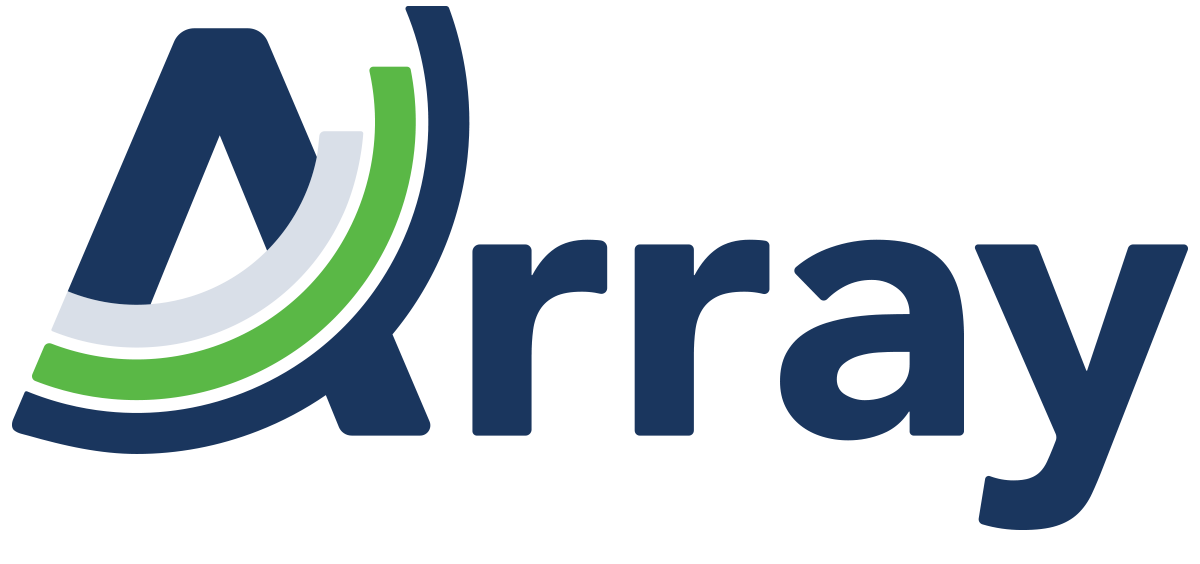Every week, the Array team reviews the latest news and analysis about the evolving field of eDiscovery to bring you the topics and trends you need to know. This week’s post covers the period of April 6-12. Here’s what’s happening.
BYOD Policy Drives Motion Outcome
A special master’s recommendation on a motion to compel in Allergan, Inc. v. Revance Therapeutics, Inc. is a reminder of the power of an organization’s information governance and technology use policies. Here, the plaintiff was unable to convince the master that the defendant’s policies gave it control to search personal devices for text messages and other information beyond company emails.
The matter involves alleged theft of trade secrets, and Michael Berman on the EDRM Blog wrote about Allergan’s motion to compel Revance to search the personal devices of four individuals pursuant to Revance’s “Bring Your Own Device” (BYOD) policy. The special master recommended denial of Allergan’s motion.
Allergan argued that Revance had control over BYOD devices under the legal right test “because they were used for work-related purposes.” But when reviewing Revance’s policies, the special master determined the “Cell Phone Policy” was for employee safety – it prohibited conducting business while driving – and did not establish control. And the master found the “Electronic and Social Media” policy only applied to company-owned cell phones, not BYOD devices.
“Revance has already searched and agreed to produce company emails for each of the relevant custodians. But the motion seeks the production of information beyond email, such as text messages. The BYOD Policy plainly forbidding the use of personal devices to conduct Revance business in applications other than email militates against a finding that Revance has Rule 34(a) control of those other applications,” the special master wrote.
“…without an agreement between Revance and its employees permitting Revance to search employees’ personal devices, explicit language in the policy giving Revance control over its employees’ personal-advice data, or more information about whether the subject employees actually used any other application on their personal phones for work purposes, the Special Master finds that Revance does not have Rule 34(a) control over the personal devices of employees.”
Uniformity on Modern Attachments
ACEDS held a recent webinar on modern attachments, featuring ACEDS Global Advisors Board Members Amy Sellars, E-Discovery Counsel at Gunster; David Horrigan, Discovery Counsel and Legal Education Director at Relativity; and Tom O’Connor, an independent litigation technology consultant.
We’ve written before about varying preservation standards and that organizations can only produce what they’ve collected. One takeaway from the panel: uniform standards and protocols for linked document evidence are sorely needed. “We need to shift from reactive solutions to proactive design because this issue is no longer emerging; it’s here,” Horrigan said.
Other recent eDiscovery news and headlines:
Second Circuit Sets State of Mind and Burden of Proof Requirements for Sanctions Under FRCP 37(e)(2) (New York Law Journal)
Prompt Leaks: What Are They and How Can They Lead to Data Breaches? (eDiscovery Today)
2025 Legal AI Report: Key Insights from ACEDS + Secretariat (ACEDS Blog)
Julia Helmer; Director, Client Solutions
With 15 years of expertise, Julia excels at optimizing enterprise eDiscovery workflows from start to finish. With a deep understanding of how to seamlessly integrate workflows across various eDiscovery platforms, Julia creates tailored solutions for data identification, legal holds, ESI collections, and productions. By harnessing the power of Technology Assisted Review and Analytics, she delivers efficient, cost-effective results that align with best practices and budgetary constraints. Julia’s exceptional communication and customer service skills have fostered strong, lasting relationships with both clients and Project Management teams, enabling her to effectively problem-solve and drive success across numerous projects.

